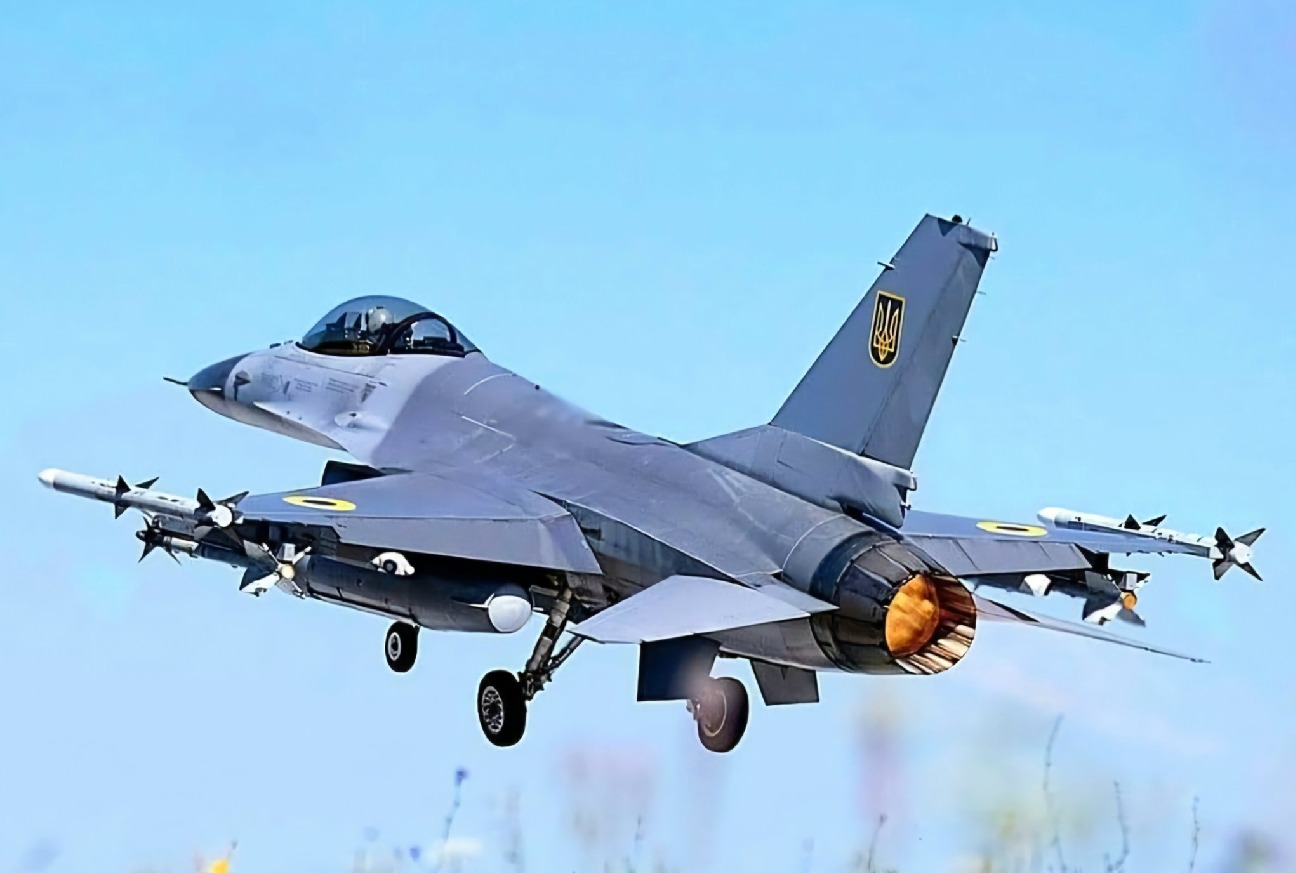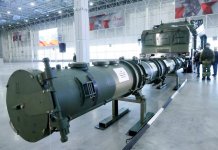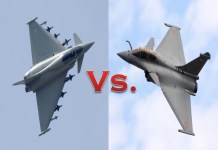Ukraine will reportedly have to wait longer than expected for the promised Belgian F-16 fighter jets, which were initially scheduled to arrive by the end of this year.
A new report from Belgian daily Le Soir reveals that the delivery timeline has been delayed, with the first units of the US-made fighter jets now unlikely to arrive until 2025.
In May, Ukraine and Belgium signed a security agreement, which included the provision of 30 US-made F-16 fighter jets. At that time, Ukrainian President Volodymyr Zelensky had expressed hope that the first batch would arrive by the end of 2024. However, this timeline is no longer feasible.
Belgian Defense Minister Ludivine Dedonder visited Poland last week to review Belgian Army operations for 2025, during which it became clear that the delivery of F-16s to Ukraine will not take place this year.
According to the Belgian Defense Ministry, the delay stems from a combination of factors, primarily the lack of adequately trained Ukrainian pilots and shortages of spare parts.
The situation has been complicated further by the delayed arrival of the first batch of Belgian F-35 fighter jets from Lockheed Martin, which are crucial to maintaining Belgium’s air defense capabilities.
The report stressed that the minister’s office emphasized that the delivery would be contingent upon the arrival of the F-35 jets in Belgium.
The training of Ukrainian pilots has also been a major point of concern. President Zelensky admitted in August that Ukraine lacked the trained pilots necessary to operate the F-16s, adding that the country had a shortage of both aircraft and personnel.
On August 26, one of the F-16 fighter jets provided to Ukraine by its Western allies crashed during an air defense mission, resulting in the pilot’s death. This tragic incident highlighted the risks associated with expedited pilot training.
Following this, US officials revealed that they were shifting the focus of their training program for Ukrainian F-16 pilots from experienced Air Force personnel to younger cadets.
At the time, it was reported that this change could delay the timeline for Ukraine to field a fully operational fleet of Western-made aircraft by several months.
Currently, Ukrainian pilots are continuing their F-16 training across several countries, including the United States. Meanwhile, Ukraine received its second batch of F-16 fighter jets from Denmark earlier this month.

Zelenskyy Says Ukraine Lacks Military Power To Reclaim Crimea & Donbas
Meanwhile, President Volodymyr Zelensky acknowledged that Ukraine currently lacks the military capability to reclaim Donbas and Crimea from Russian control but emphasized that Kyiv cannot abandon its claim to these territories.
“The Ukrainian Constitution prohibits us from giving up our land. While these territories are under Russian control de facto, we do not have the strength to take them back by force,” Zelensky told the French newspaper Le Parisien.
Russia seized Crimea and parts of the Donetsk region in early 2014, prompting widespread condemnation from the US and NATO allies, who have consistently supported Ukraine’s sovereignty within its internationally recognized borders.
Discussions about the possible recovery of these regions have intensified since Russia launched its full-scale invasion in February 2022.
In 2024, as the war reached a stalemate, the prospect of peace talks between Ukraine and Russia gained attention. Andriy Yermak, head of Ukraine’s Presidential Office, asserted that genuine negotiations could only occur once Russia’s resources are depleted.
Meanwhile, some allies have suggested that Ukraine consider ceding occupied territories. Zelensky firmly rejected this idea, reiterating that the Ukrainian Constitution prohibits the renunciation of any territory.
He said, “Legally, we cannot renounce our territories. This is prohibited by the Ukrainian Constitution.”
Instead, Zelensky proposed a diplomatic solution, suggesting that Western powers could pressure Russian President Vladimir Putin into meaningful negotiations.
He clarified that diplomacy should not mean legitimizing Russian occupation but finding a way to end the war peacefully. He stressed that recognizing the occupation would equate to forgiving Russia’s actions, which he deemed unacceptable.
In similar remarks in November, Zelensky suggested that Ukraine could not afford to sacrifice tens of thousands of lives to retake Crimea and favored diplomatic efforts as an alternative.
Meanwhile, when asked about peace talks with Putin, he noted the importance of Ukraine’s position rather than the identity of its negotiating counterpart.
“It’s not about who is sitting opposite. What matters is what position we are in. Are we strong? Not yet. Will we join NATO? We don’t know. Will we join the European Union? Yes, but when?” Zelensky said.
Overall, the Ukrainian president has signaled a pragmatic shift toward diplomacy, with hopes that Western allies can leverage their influence to pressure Russia into meaningful negotiations.
- Contact the author at ashishmichel(at)gmail.com
- Follow EurAsian Times on Google News




